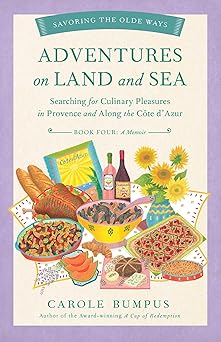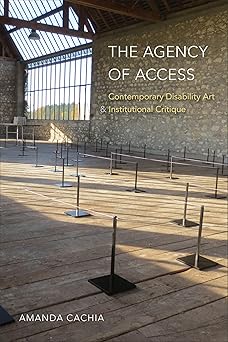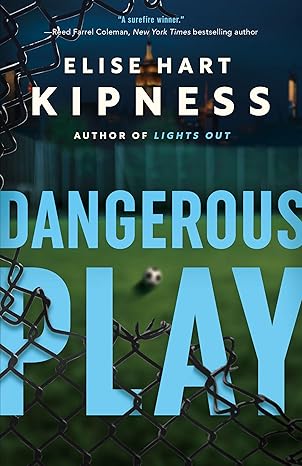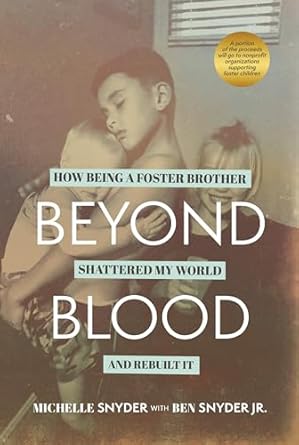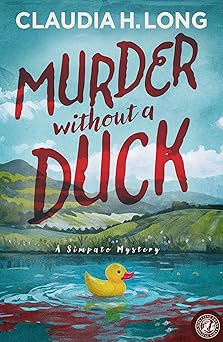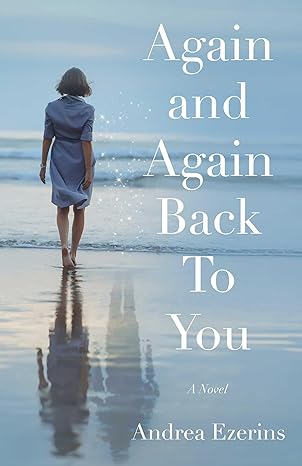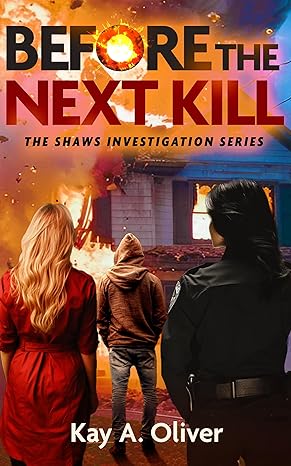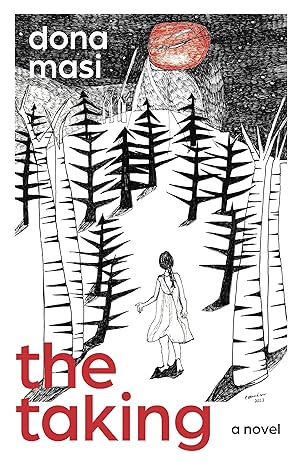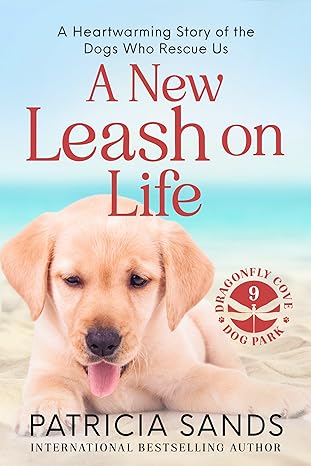ONLY WITNESS
 Years ago, my husband and I attended a high school cross country meet in the middle of a heat wave. There wasn’t a single tree on the racecourse, so for just over three miles the athletes ran without cover from the sun. Many crossed the finish line and collapsed, delirious with heat stroke. My husband, a surgeon, swept the athletes up in his arms and carried them to a makeshift medical tent. Volunteers ran to get bottled water and ice packs. On the ground, athletes moaned. A few athletes went into shock. Ambulances were called. My dog Cash curled up next to the ice pack on the athlete’s thigh and went to sleep. In her delirium, she reached out a hand to pat him.
Years ago, my husband and I attended a high school cross country meet in the middle of a heat wave. There wasn’t a single tree on the racecourse, so for just over three miles the athletes ran without cover from the sun. Many crossed the finish line and collapsed, delirious with heat stroke. My husband, a surgeon, swept the athletes up in his arms and carried them to a makeshift medical tent. Volunteers ran to get bottled water and ice packs. On the ground, athletes moaned. A few athletes went into shock. Ambulances were called. My dog Cash curled up next to the ice pack on the athlete’s thigh and went to sleep. In her delirium, she reached out a hand to pat him.
Later, after the paramedics and ambulances left, and the last athletes were released to go home, we headed back to the car. I reflected on everyone’s role at the scene, including my dog, whose instincts were to seek out an ice pack to stay cool and comfort a person in pain. And my instincts? In the midst of the chaos, I was making mental notes: dried snot smeared across an athlete’s cheek. The bloody scratches on shins where runners were spiked by cleats at the starting gun. Friendship bracelets stacked on a wrist, the ends frayed and gnawed. When a mother burst into the tent sobbing, I thought, you’re not helping. But how had I helped? “I don’t even know how to do CPR,” I said as we drove away. My husband took my hand. “You’re a writer,” he said. “That’s what you do.”
We’ve had many conversations over the years about this thing I do. Am I a writer if my work is published and read widely? Read by a single person? Am I a writer if I write every day? Six days a week? On vacation? Am I a writer because when I step away from my work to go about the rest of my day, nothing feels as real as the scene I have been sunk in all morning? Am I writer because I cannot not write?
My polite, cocktail party explanation for why I write is that this is how I engage with the world. How I connect the dots and make sense of what I see and experience. Often, the writing practice feels like my version of prayer, not praise, per se, but the way I bow down and listen. The simple truth is that I am better when I write. Less better when I don’t. But how can one not wonder about how this act is helpful? It is not only solitary, it feels self-indulgent, the very opposite of my husband’s work or my future son-in-law’s job as a first responder– the urgency and clarity of arriving at the scene of disaster with the single purpose of helping. Often, I think of my volunteer work in my community as an antidote to the writing, a sort of apology, or offset to my selfish hours scribbling away. Sometimes, I’ll complain to a friend that I have been trapped in the same room with my characters for months. But even when I feel frustrated by where the novel is going or not going, I am still excited by what these people might do on the page. What they are voicing about their histories, their relationships, their work, their fears, their hopes.
My work is on paper. My words don’t restore health or find people shelter or achieve equality, or safety or freedom from oppression and violence. So how might my writing help in a tangible way?
When my college roommate Char died suddenly after a dental procedure at the age of 48, I reached out to her family on the other side of the country. I couldn’t bring them food or sit with them in their grief, but I could write her obituary. I could honor my friend, not just by listing her accomplishments, impressive as they were, but by memorializing her spirit, the fact that she was always the last one on the dance floor, that she made each of us feel like her best friend. That she rescued dogs from all over the country and loved her shepherd mix Nala more than anyone. Our last conversation was about the dogs we had lost. We had cried over them and even though we hadn’t seen each other in years, it was as if she was back in my dorm room at 3 am, crying about the man who would only ever see her as a friend.
And now, this morning, my body weighted with sadness over the death of another dear friend, I am reminded of what I might do.
Bill was a successful businessman with a wealth management company, a radio show and newspaper column in which he offered financial advice. His approach to his diagnosis of stage four pancreatic cancer was pragmatic and brave. His day-to-day life would be focused on medical treatments, but his life would not be defined by his cancer. Much as he must have developed a mission statement in the early days of his business, I imagine he and his wife Jessica crafting a different mission statement for their new world. It could be summed up in one word: love. Their days might be filled with appointments, chemotherapy, consultations, and medication, but their life was about love. All that mattered for his remaining time was spending time with family and friends. Giving, sharing, receiving love.
Our rabbi says that our lives will be recorded as our birth date with a dash before our day of death. We all know our day of birth, but we don’t know the day we will die. What we can know is represented by the “- ” in between. For my friends, Bill and Jessica, this dash was love. That was the work. That was the pay off. The gift they clutched every day. Even on a good day, this couldn’t have been easy. And then there were many days of terrible pain, the sort of pain I have never experienced and can’t imagine. To wake again with this pain, to know another day will be spent in bed, and still commit to the mission statement of love feels like an Olympic-caliber effort. To keep waking up and saying, my life is love, and knowing there are fewer and fewer days remaining of both love and pain.
Fewer and fewer days.
This is the room in which I sit with my characters. This morning, I wake and pull up a chair. What will they say? What might I explore with them? The clock is ticking on our hours together. Someday–many, many revisions later– I will leave them, or they will leave me. But the time spent in this room, attending to their lives, bearing witness, is the work, the mission statement, and the gift. Reckoning with the pain and love, feeling both, bowing down to both, until the day we say goodbye.
–
Claudia Hinz lives in Bend, Oregon. Her work has been published in The Christian Science Monitor, Women Writers, Women’s Books, Story Magazine, Other People’s Flowers, The Wrath-Bearing Tree, The Manifest-Station, Brevity, The Boston Globe, Flash Fiction Magazine and Bend Lifestyle Magazine. Her novel is out on submission.
Category: On Writing






